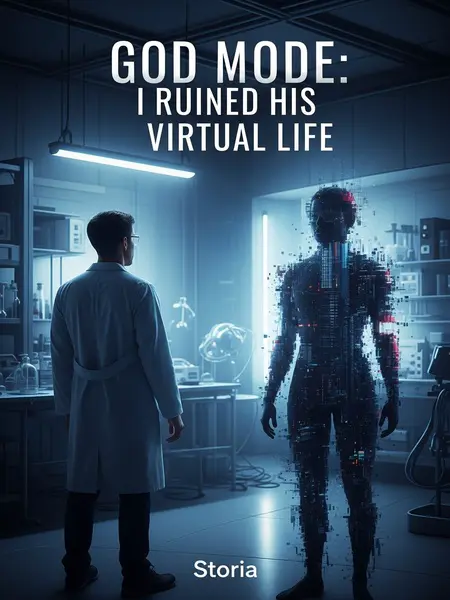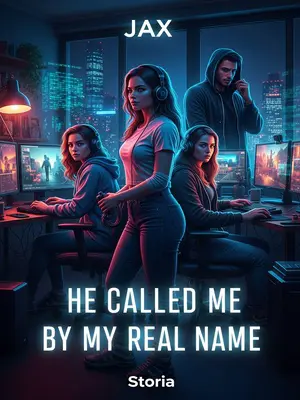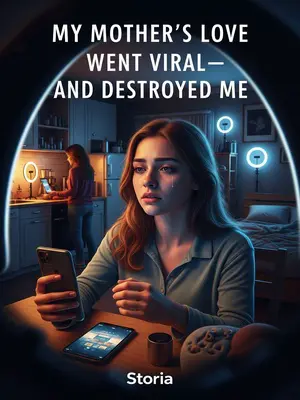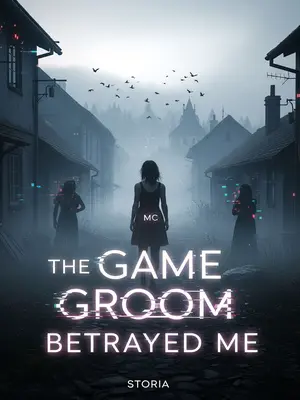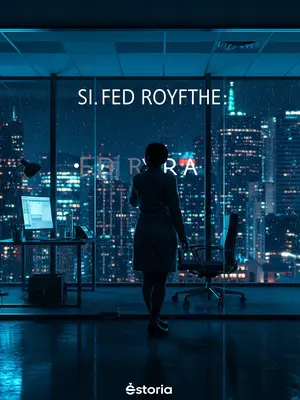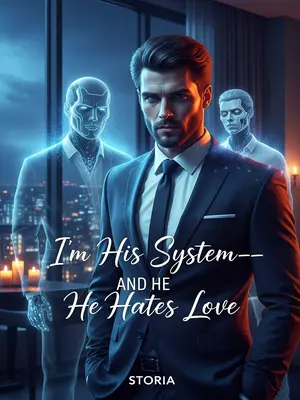Chapter 1: The Forbidden Toy
The advisor and my senior classmates pulled off something wild: they used AI to build a small-scale virtual world—one so detailed, you’d swear it was real. But when I told one of the virtual people he was just a program, he threw it right back at me: “No—you’re the one living in a simulation.” That’s when things got weird.
“This virtual world is already running smoothly, but we haven’t done any further testing yet. So, while we’re away for the three-month exchange program, you’re only allowed to observe, record, and learn. Do not interfere with the normal operation of the virtual world.”
With those strict words, Professor Carter and my senior classmates grabbed their travel mugs and filed out of the lab, leaving me behind.
The lab finally quieted down. The daytime bustle faded, leaving only the low drone of the AC and the muffled thump of sneakers squeaking down the hallway. Somewhere, someone’s Spotify playlist leaked faint pop music through the wall. The place wasn’t cold like I’d imagined—a bit cozy, really, with the lingering smell of burnt coffee and walls plastered with faded posters of Turing and Ada Lovelace. The whiteboards were scrawled with equations, and everything settled into a hush that felt almost like a held breath.
I dropped into my chair, stacked my textbooks and notes, and tried to focus. My chair squeaked as I leaned back, desk cool under my arms. I traced my finger along the spiral-bound notebook, half-listening to the clock tick above the whiteboard. The fluorescent lights buzzed overhead, giving everything a weird blue tint, and the world outside felt far away, insulated by layers of concrete and glass.
After an hour of half-hearted review, I stretched, feeling my back pop, and let my eyes wander toward the simulation system. Curiosity got the better of me. I stood, wandered over to the control station, and pulled up the virtual world’s display on the monitor.
My back cracked as I stretched, then ambled across the scuffed linoleum to the simulation station. The hum of the server fans and the steady blink of LED lights felt hypnotic. I logged in, wiped a fingerprint off the monitor, and brought up the simulation window with a few clicks.
Truth be told, I hadn’t done much of the heavy lifting on this project. I’d mostly watched the real brains debate ethics over takeout and scribble formulas on napkins. Still, seeing it all in action was something else.
The system loaded a real-time simulation of a medium-sized American city, but not from any single view—more like a ghost drifting through hundreds of security cameras. A city bus rumbled past a Dunkin’ Donuts, and a group of teens loitered by a 7-Eleven, laughing over a shared bag of chips. I could flip from a traffic cam to a playground, a pizza place, or a late-night bodega, floating between lives like some invisible watcher. It was all so familiar, so uncannily normal.
I’d thought I was ready, but seeing those high-rises, the mess of cars on looping highway ramps, the red maples in pocket parks—it still floored me how real it felt. I zoomed in, focusing on the true stars: the virtual people.
The mirrored office towers gleamed, playground kids chased each other beneath the blinking lights, and I found myself staring at a world that looked just like the kind you’d pass through on a long road trip—maybe stop for coffee, never realizing it wasn’t real.
With all that computing power, every virtual person had their own personality, memories, even dreams. I could pull up their whole lives, from first steps to first heartbreaks.
A click brought up timelines—birthday parties in backyard lawns, awkward high school dances, job interviews in glassy office towers. I hovered over one guy’s data: favorite sandwich (turkey on rye), worst breakup (junior year), the exact moment he decided to become an accountant.
The monitor’s glow painted my face. I felt like a sneaky god, peeking into birthdays, heartbreaks, and lunch orders like I was scrolling through their private Instagram feeds. A shiver ran down my spine. It felt wrong to have this much access—to peek into birthdays, heartbreaks, and lunch orders like I was scrolling through their private Instagram feeds.
It was intoxicating, almost like binge-watching a reality show where you control every camera angle. I leaned closer, blue light in my eyes, fingers tingling as I scrolled through secrets nobody else would ever see. For a second, I half-expected someone on screen to look up and catch me watching.
A wave of possessiveness surged through me. It was like holding the coolest toy in the world—one I could play with, or break, whenever I wanted.
The guilt was sweet, like sneaking the last cookie at midnight. In this little universe, I was the only one holding the keys.
I took a deep breath, forced myself away from the screen, and went back to my books. But that feeling—like I’d glimpsed something forbidden—kept me wired and restless.
My leg bounced under the desk. I stared at my open textbook, the words swimming. I bit the end of my pen, stealing glances at the servers, half-expecting them to wink back. What would happen if I just… did something? One tiny thing, just to see?
Maybe I could try interacting with this world a little.
The idea wouldn’t leave me alone. I tapped my fingers, glancing over my shoulder—just in case. But I was alone. Just me, the hum of the machines, and the pale blue light.
Professor Carter and my senior classmates were so cautious. How can you ever get anywhere if you just watch?
That’s how I justified it. I told myself it was just code, just zeros and ones. But I couldn’t shake the feeling that I was crossing a line—one that, once crossed, you can’t step back from. Even if something went wrong, I could just reload a backup and restore the world. Easy.
As if nothing had ever happened.
I grinned, the thrill building in my chest. If only real life worked that way, I thought.
With that in mind, I stood up, walked over to the system, connected my laptop, made a backup, and opened the real-time simulation. On a random impulse, I decided to poke at the code and reach out to one of the people living inside. I picked a virtual person named Eric Lee, locked onto his running code, accessed his phone, and sent him a message:
"Hey there. I’m the all-knowing, all-powerful god of your world. Got any questions for me?"
My fingers hovered over the keyboard before I hit send, half-expecting alarms to blare. Nothing happened. The words popped up on Eric’s phone like any other random text, just another drop in the digital ocean.
In that moment, I felt like a god, whispering the truth of the world to a mere mortal. The feeling of superiority was indescribably satisfying.
I leaned back, propping my feet up, watching the pixels shift and ripple. The sensation was exhilarating—like being a magician at a show nobody knows they’re watching.
After sending the message, I pulled up a chair, crossed my legs, and sat in front of the simulation screen.
A nervous buzz filled my stomach, like waiting for a roller coaster to drop. I grabbed a Red Bull from the mini-fridge, cracked it open, and took a long, cold sip. Let’s see what happens now, I thought, grinning.
I wanted to see what kind of ripple my words would cause in this virtual world.
The anticipation was almost better than the act itself. Would Eric shrug it off, or would he spiral? Either way, it was my little secret.
